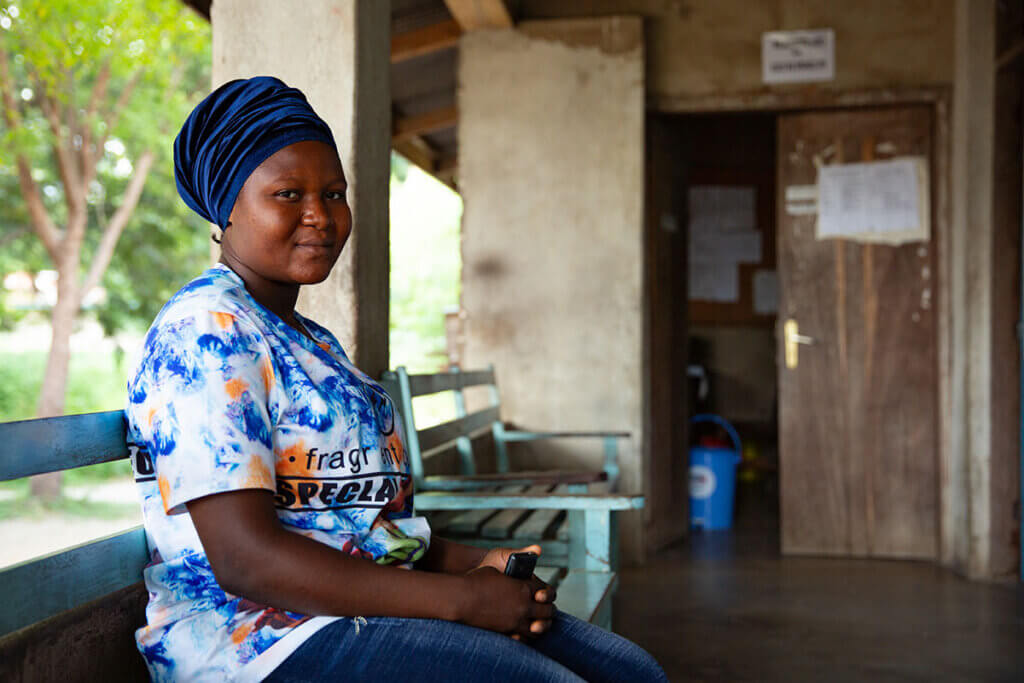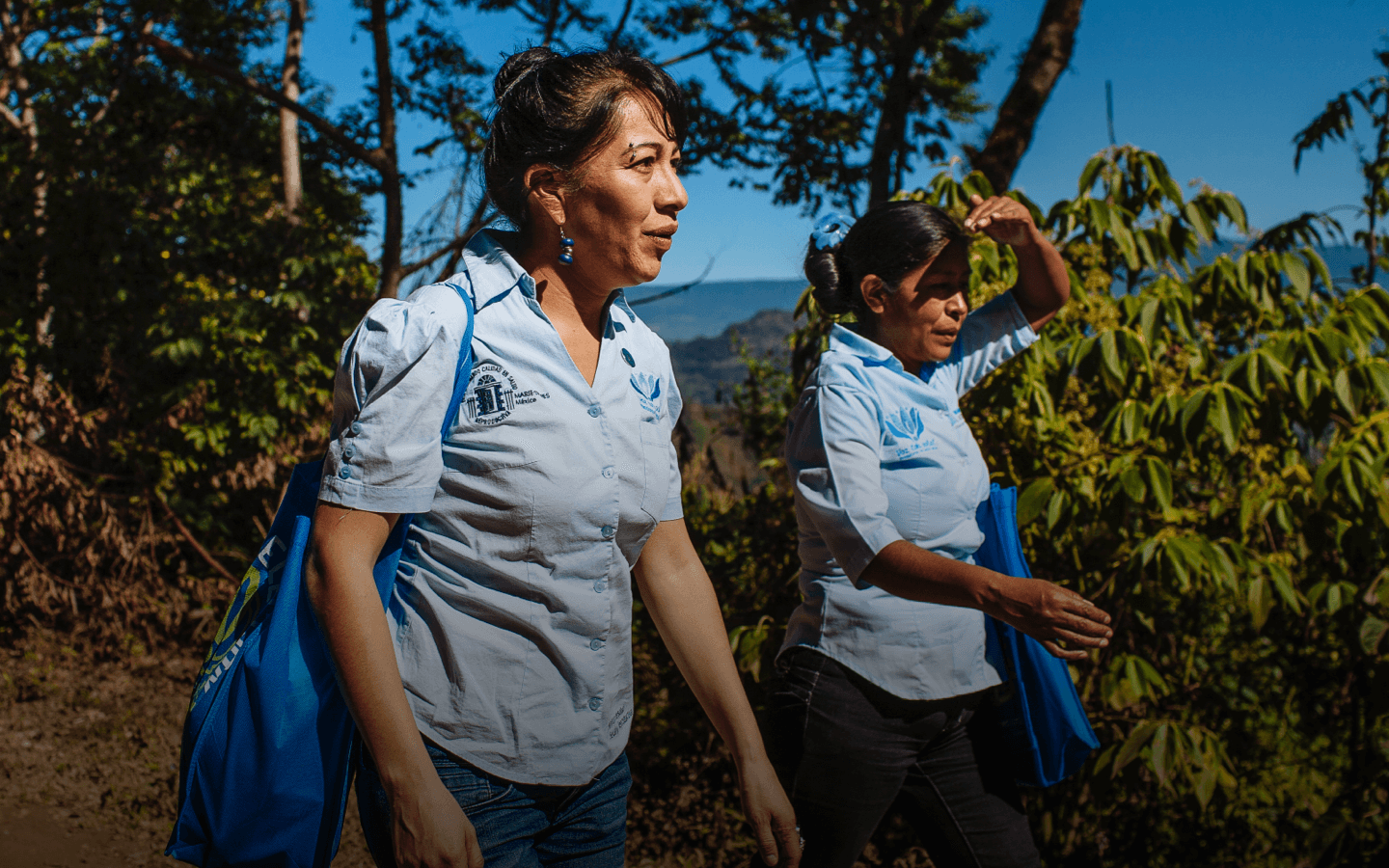What we learned from young people in Tanzania
By Esther Kariuki, Project and Communications Officer
On a recent trip to learn about the Youth for Health project in the Morogoro region of Tanzania, ten hours from the country’s capital, I met 19-year-old Zawada.
Zawada had hoped to continue her education. But when she faced an unintended pregnancy, she was forced to drop out of school. She told me that if she’d had access to the right information and been able to use contraception, she would have made a different choice.

In this rural region, her story is a common one. That’s why MSI has been working here with the Ministry of Health and partner organizations: Sikika and DSW to support young people with their sexual health and reproductive choices.
Together, we’re getting information to more teens about nearby reproductive health services, training health workers to provide youth-friendly services, and changing the broader political and economic environment to make it easier for young people to access the healthcare they need.
This work isn’t easy. On my visit, I spoke to young people who told me that teens here have limited knowledge about sexual and reproductive health. They don’t know much about STIs, sex and pregnancy—and they certainly don’t feel like they can talk about it with their parents. For the teens I met, speaking about sex at all is taboo, and carries a lot of shame. When they talk among themselves, they often unintentionally share myths and misconceptions. Their experiences were familiar: It mirrored my own teenage years in Kenya.
Even when teenagers know where to access contraception, healthcare providers sometimes turn them away. I heard from one health worker who said: “Before, when I received a young person at the health center seeking family planning and other reproductive health services, I would immediately associate them with promiscuity. I would offer services, but with a lot of judgement. I felt family planning was meant for adults.”
As shocking as it sounds, this kind of stigma is the everyday reality for young people throughout Africa. Too many adults still refuse to even acknowledge that adolescents might be sexually active. As a result of this stigma, governments don’t always prioritize teens’ sexual and reproductive health. It’s a topic that generates a lot of emotion, deeply rooted in moral, religious, and cultural norms.
To address this, the Youth for Health project is training health workers on youth-friendly services, and working closely with communities and leaders to address harmful gender and social norms.
During my visit, I got a better understanding of what it means to reach the poorest and most marginalized adolescent girls and youth in rural and hard-to-reach areas. Most of the health centers supported by the project are in very remote areas. The roads and infrastructure are poor, and during the rainy season the centers might be entirely inaccessible. These obstacles haven’t stopped our team from reaching young people in need: Through the project so far, we’ve conducted over 16,000 consultations with adolescents about their sexual and reproductive health.
I was so encouraged to hear the stories of young people who benefitted from this work. The Youth for Health team in Tanzania is ensuring that young people can play an active role in the project and their own reproductive healthcare. This involvement and sense of ownership will be critical in ensuring the progress made during the project continues in years to come. Young people are our future, and through this project, we’re finally hearing their voices and aspirations.
The Youth for Health Project
The Youth for Health (Y4H) project is a three-year initiative co-funded by the European Union that works to expand access to life-changing adolescent sexual and reproductive healthcare and rights. Its focus is on reaching the poorest and most marginalized adolescent girls, including those living with disabilities, and in rural and hard-to-reach areas of Ethiopia, Ghana, Kenya, Sierra Leone, Tanzania, and Zambia. By unlocking demand and access and contributing towards changes in favor of supportive policies and funding environments, Y4H will increase and sustain access to reproductive choices for girls and young women.
Youth for Health is being implemented by MSI Reproductive Choices together with Deutsche Stiftung Weltbevölkerung (DSW), Centre for the Study of Adolescence (CSA) Kenya, Health Alert Sierra Leone (HASiL), Youth Advocates Ghana (YAG), Sikika in Tanzania, Restless Development Zambia and Youth Network for Sustainable Development (YNSD) in Ethiopia.






